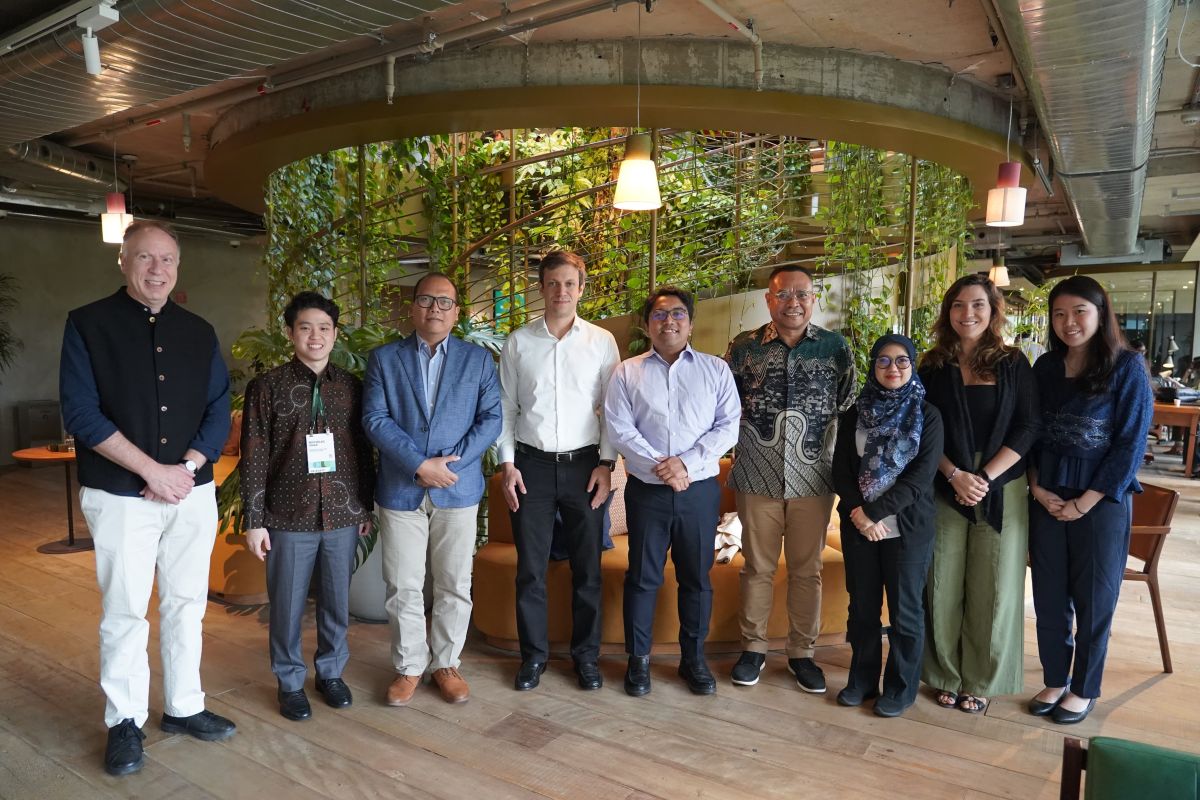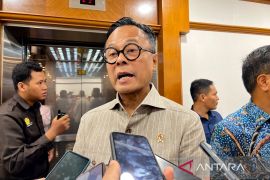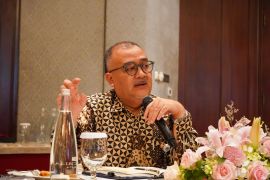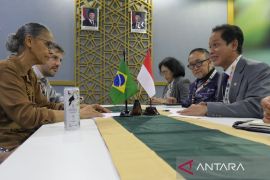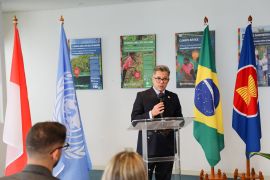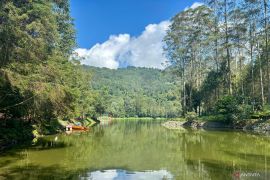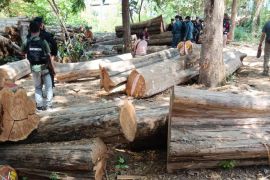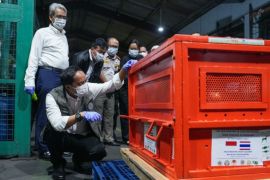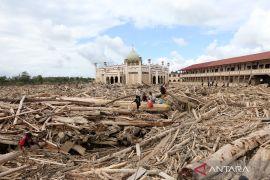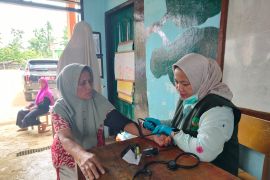Chief Advisor to the Forestry Minister Edo Mahendra met with representatives from Systemic, the TFFF Project Management Office, and the initiative’s framework author to discuss the program and its potential benefits.
“Indonesia sees this initiative as a strategy to achieve forestry emission reduction targets under the FOLU Net Sink 2030 program,” Mahendra said.
He added that TFFF could foster cross-border, multi-stakeholder, and community-based collaboration to sustain forests for future generations.
TFFF is designed to provide performance-based incentives to tropical countries to prevent deforestation and forest degradation.
The mechanism combines public and private funding, with a potential long-term fund of up to US$125 billion, supporting both forest conservation and sustainable economic development.
Systemic officials explained that TFFF has evolved over 25 years and is now in version 3.1, which emphasizes incentives for Indigenous Peoples and local communities.
Earlier, at the Belem Leader Summit on Nov. 6, President Prabowo Subianto’s Special Envoy for Energy and Climate Change Hashim Djojohadikusumo affirmed Indonesia’s support for TFFF, highlighting its cooperation with Brazil, the Democratic Republic of the Congo, and other countries.
Through the FOLU Net Sink 2030 program, Indonesia aims to ensure that carbon absorption from forests and land exceeds emissions, targeting 140 million tons of CO₂ equivalent sequestration by 2030 through restoration and conservation.
Between 2015 and 2024, Indonesia restored over two million hectares of land, reducing forest fires by 19.6 percent. The forestry sector has secured US$499.8 million in result-based payments, including US$103.8 million from the Green Climate Fund via UNDP.
The initiative signals Indonesia’s commitment to global climate stability and sustainable forest management while promoting economic opportunities for local communities.
Related news: Indonesia, Brazil highlight TFFF as key climate funding model
Related news: Indonesia, Norway reaffirm commitment to forest conservation
Translator: Prisca Triferna Violleta, Cindy Frishanti Octavia
Editor: Rahmad Nasution
Copyright © ANTARA 2025
